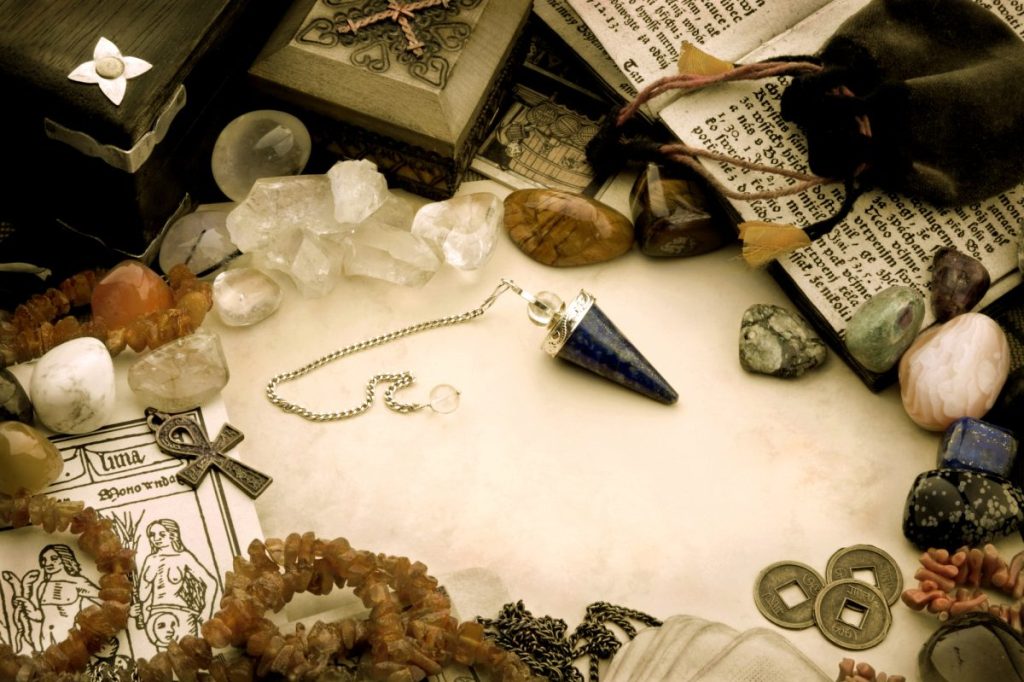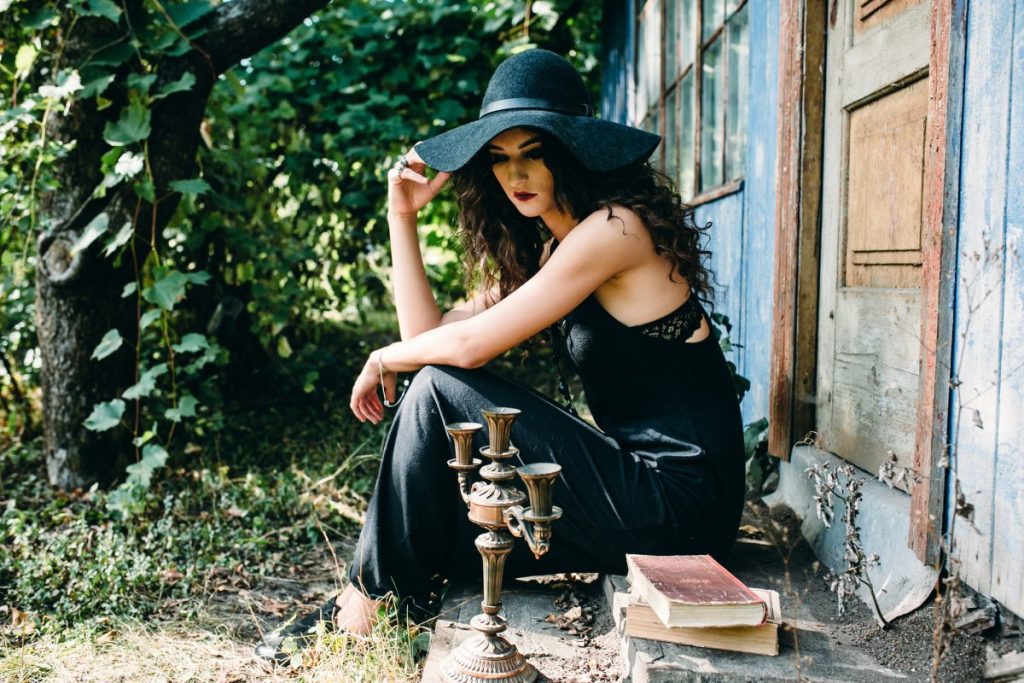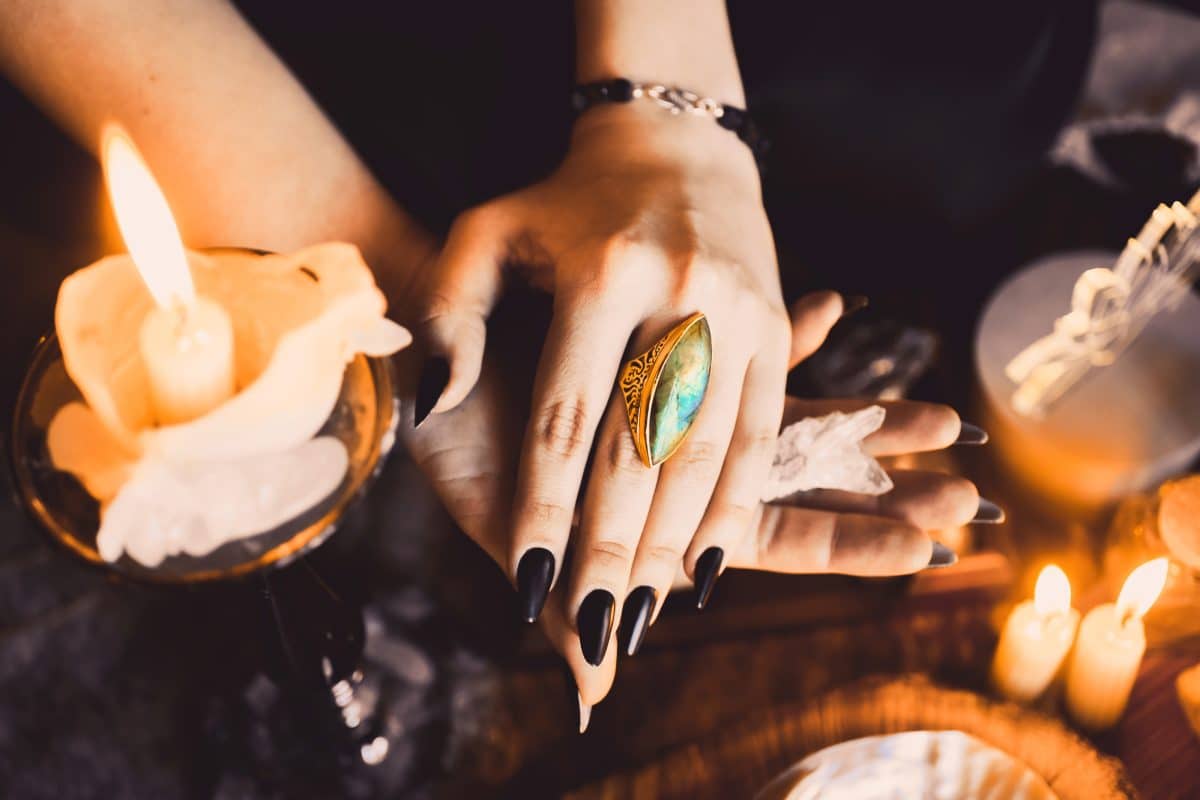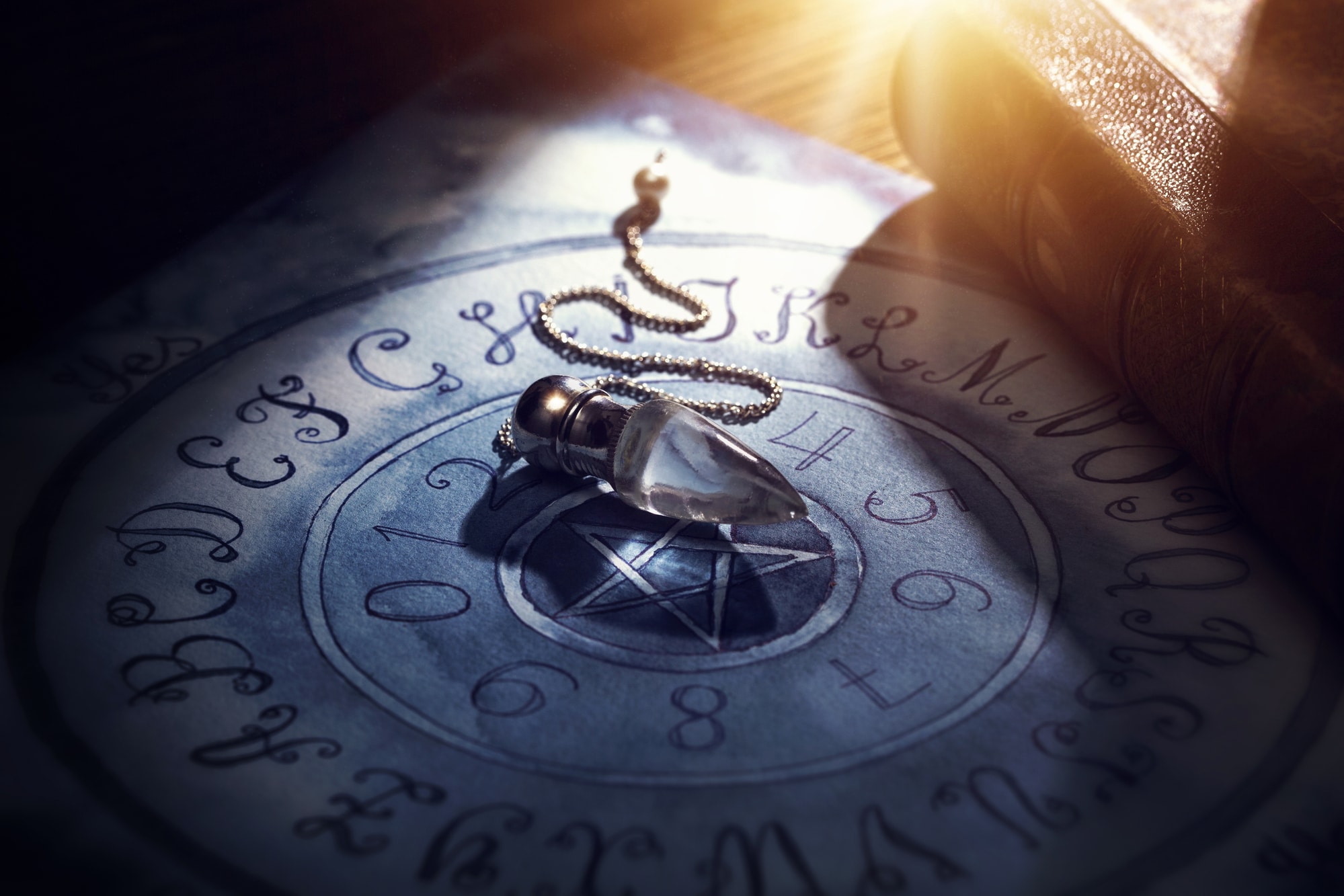The Ethics of Witchcraft: Do’s and Don’ts
In recent years, a surge in spiritual exploration has led many individuals to delve into practices like witchcraft.
More than just spells, incantations, and ancient rituals, modern witchcraft serves as a channel for individual empowerment, spiritual growth, and connection with nature.

Table of Contents
Understanding Modern Witchcraft
To grasp the ethics of witchcraft, it is first crucial to clarify what modern witchcraft encompasses. Far from the Halloween caricatures and fairy tale tropes, witchcraft today is an umbrella term that covers an array of spiritual beliefs and practices.
These often revolve around the elements of nature, the flow of energy, and personal empowerment. Today’s witches are diverse, with differing practices and beliefs, united by a shared respect for nature and the inherent power within all living beings.
In today’s world, witches come from all walks of life. They may be your next-door neighbor, your yoga teacher, or the author of your favorite blog. Modern witches use their practices to manifest personal goals, cultivate inner strength, and promote positivity in their lives and communities.
The Crucial Role of Ethics in Witchcraft
Much like in other spheres of life, ethics hold a central role in witchcraft. Witches, who may be of any gender, adhere to a set of ethical guidelines that emphasize respect for oneself, others, and the environment.
These principles ensure that witchcraft acts as a force for positive transformation rather than harm.
Ethics in witchcraft also serve to counteract stereotypes and misconceptions. By adhering to a respectful and mindful practice, modern witches challenge the depiction of their craft as dangerous or malevolent. Instead, they portray witchcraft as a source of wisdom, healing, and personal growth.
The Ethics of Witchcraft: Do’s
Uphold the Sanctity of Free Will
A cornerstone of ethical witchcraft is the unwavering respect for free will. This belief extends not only to the witch’s actions but also to their magical workings. Any rituals, spells, or other practices aimed at controlling or manipulating another person’s will are considered ethically unsound.
Instead, witches focus their energies on self-improvement, personal transformation, and fostering positive change in their lives.

The commitment to free will also manifests in how witches interact with each other. They honor the individuality of each practitioner, recognizing that each witch’s path is unique and personal.
Connect with and Respect Nature
Witchcraft is deeply intertwined with the natural world. This connection goes beyond using natural components like herbs or crystals in their rituals.
It encompasses a holistic appreciation for and understanding of nature’s cycles, energies, and wisdom.
Witches:
- Celebrate the cycles of the moon and the seasons, known as sabbats.
- Incorporate elemental symbols (fire, water, earth, and air) into their rituals.
- Use ethically sourced natural materials in their practices.
Most importantly, witches respect the environment, strive to minimize their ecological impact, and often play active roles in conservation.
Foster a Practice of Mindfulness
Mindfulness, the practice of being fully present and engaged in the current moment, is a significant aspect of witchcraft.
It’s about understanding the interconnectedness of all beings and recognizing the energy that flows through everything.

Witchcraft encourages practitioners to:
- Pay attention to their thoughts and emotions.
- Acknowledge and respect the energies around them.
- Harness the power of intention in their rituals and daily life.
Mindfulness enhances the effectiveness of spells and rituals by promoting focus and awareness. It also contributes to personal growth by fostering self-understanding and compassion.
The Ethics of Witchcraft: Don’ts
Avoid Causing Harm
An ethical guideline that is commonly accepted in witchcraft is embodied by the Wiccan Rede’s wisdom: “An’ ye harm none, do what ye will.” It underscores the importance of harmlessness in one’s actions and intentions.
This means that practices that cause harm, like casting curses or hexes, are generally considered unethical.
Adhering to this principle involves:
- Prioritizing spells and practices that promote healing, protection, and positivity.
- Avoiding actions that harm others, whether physically, emotionally, or spiritually.
- Using magic responsibly and with careful consideration of its potential impacts.
Refrain from Exploiting Nature
Although witchcraft involves using natural elements, it is critical to remember the importance of sustainability. Exploitation of nature is contrary to the witchcraft ethos, which is rooted in respect for all life forms. Witches should always strive to source materials ethically, ensuring they do not contribute to over-harvesting or environmental harm.
This responsibility can be exercised by:
- Prioritizing sustainably sourced and cruelty-free products.
- Supporting businesses that respect and protect the environment.
- Practicing conservation and promoting ecological awareness.
Respect Other Cultures and Traditions
The practice of witchcraft is diverse, drawing influences from various cultures, traditions, and spiritual practices. As such, it is paramount that these sources are treated with respect and reverence.

Cultural appropriation, the act of using elements of a culture outside of their original context or without understanding, is highly discouraged.
To respect other traditions, witches should:
- Learn about the history and cultural context of the practices they adopt.
- Seek to understand, not just utilize, different cultural practices.
- Give credit to the cultures and traditions that inform their practice.
Preserving the Ethical Integrity of Witchcraft
The ethical integrity of witchcraft goes beyond a rigid set of rules. It’s a continuous journey of learning, self-reflection, and conscious decision-making. Witches cultivate a deep sense of respect for themselves, others, the natural world, and the energies that connect all life forms.
In the practice of witchcraft, ethics serve as a moral compass. They encourage witches to take responsibility for their actions and their impacts, fostering a mindful and compassionate approach to their craft. The true beauty of witchcraft lies not in the casting of spells or the performing of rituals, but in the positive transformation that these practices can bring about.
The practice of witchcraft is a deeply personal and transformative journey. It is guided by ethics that uphold respect for free will, nature, and cultural diversity.
As more individuals turn to witchcraft for personal empowerment and spiritual growth, these ethical guidelines will ensure that the practice remains a positive force in the contemporary world.






